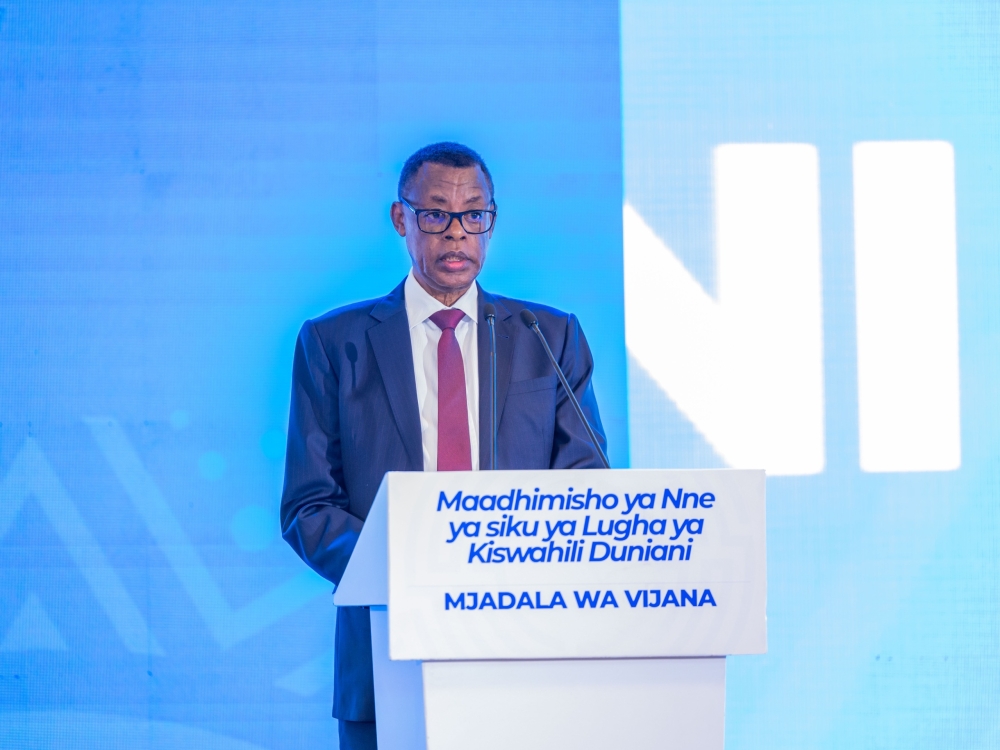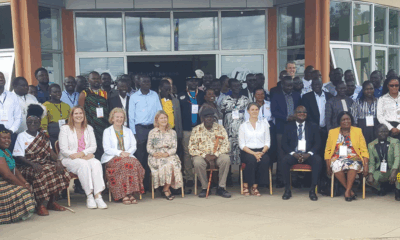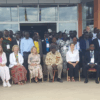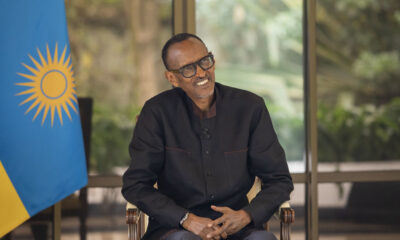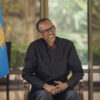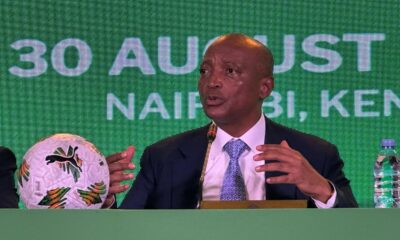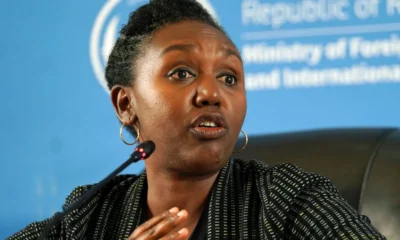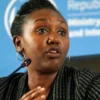Africa
Kiswahili Language Hailed as Catalyst for Integration and Development
General (Rtd) James Kabarebe, Rwanda’s Minister of State for Regional Cooperation, inaugurated the two-day gathering, emphasising Kiswahili’s pivotal role in fostering Pan-African collaboration. “Promoting the Kiswahili language within East Africa means strengthening cultural unity and facilitating cooperation in various projects and initiatives,” he stated, highlighting its capacity to bridge divides and accelerate joint ventures.

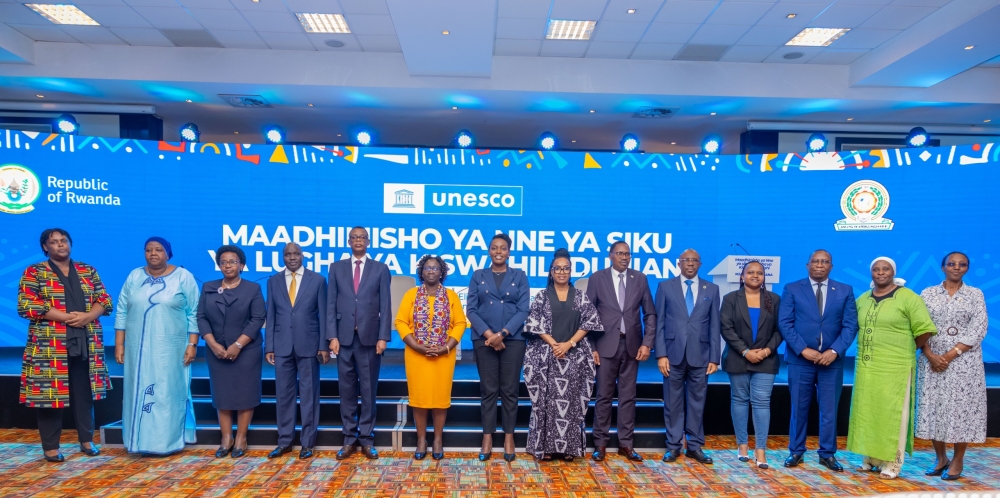
Minister Kabarebe further elaborated on Kiswahili’s impressive trajectory, noting its evolution from an East African lingua franca to an international language embraced by millions globally. He proudly pointed out its unique distinction as the only African language officially recognised as a working language of the African Union, a testament to its increasing diplomatic and practical utility across the continent. This recognition, he explained, allows Kiswahili to serve as a vital communication channel for policies and initiatives that directly impact African citizens.
The celebrations, organised in partnership with the East African Kiswahili Commission (EAKC) and themed “Kiswahili, Inclusive Education, and Sustainable Development,” attracted a diverse assembly of over 300 delegates. This included senior government officials, representatives from East African Community (EAC) Partner States, leading Kiswahili experts, academics, and university students, all converging to deliberate on the language’s multifaceted contributions to society.
Andrea Aguer Ariik, EAC Deputy Secretary General, expanded on Kiswahili’s broader impact beyond mere communication, describing it as a powerful tool for promoting equity, access, and empowerment throughout the region and, by extension, the wider African continent. “Kiswahili offers a practical and inclusive solution to some of our biggest challenges,” Ariik asserted. “As one of the most widely spoken African languages and the only one officially recognized by the African Union, it has the potential to close the gap between policy and people, between education and equity, and between tradition and innovation.”
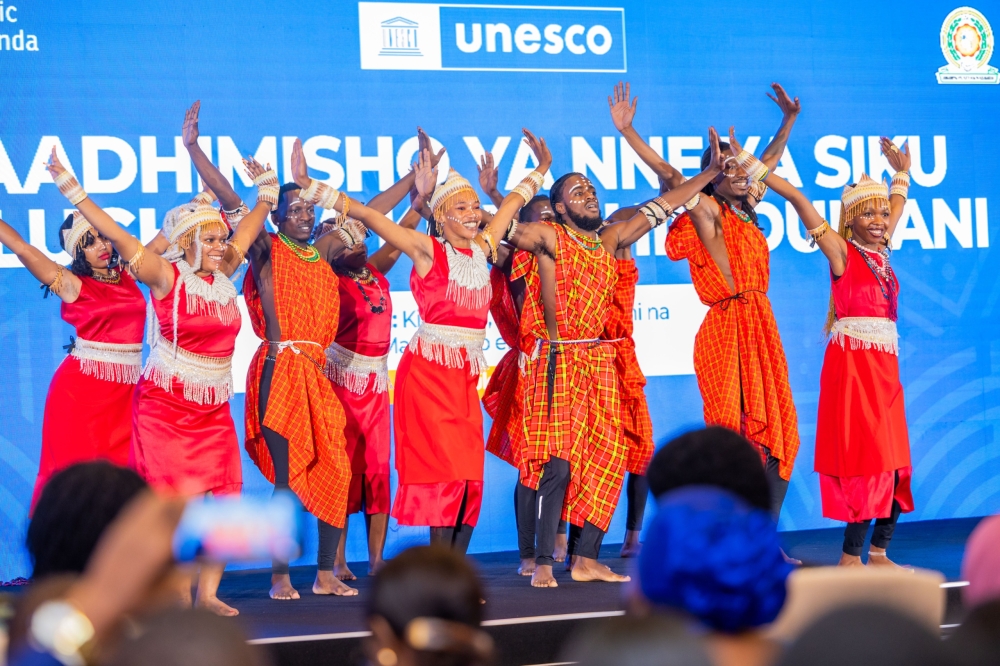
Interactive breakout sessions formed a key component of the event. One group, largely led by young participants, explored the synergy between Kiswahili, artificial intelligence, and inclusive education in cultivating a culture of peace across the region. Another group focused on examining policies and practical strategies for inclusive education and sustainable development, facilitating the exchange of innovative ideas and approaches to enhance stakeholder engagement.
World Kiswahili Language Day, officially recognised by UNESCO, serves as an annual international observance on July 7, celebrating the growing importance of Kiswahili not only as a means of communication but also as a vital vehicle for education, peacebuilding, and economic integration throughout Africa and its increasing presence on the global stage. The Kigali gathering reinforced the commitment to leveraging this dynamic language for a more integrated and prosperous future.
Comments



